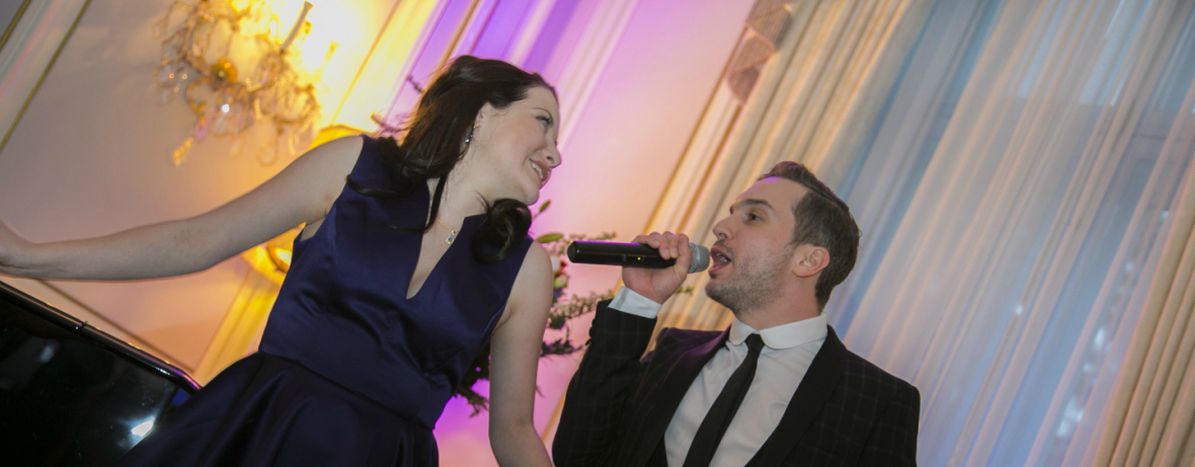
Why are Britain's Eurovision entries always so awful?
Published on
Despite being one of the five countries automatically allowed to take part in the Eurovision Song Contest, the United Kingdom has failed to make the Top 10 for seven consecutive years. And if this year’s contenders are anything to go by, the UK isn’t getting rid of that reputation any time soon. [OPINION]
Gone are the days of Bucks Fizz or Katrina and the Waves. Ask most Brits these days about that carnival of madness that we call the Eurovision Song Contest, and they'll put their heads in their hands and groan. They're thinking about Jemini, whose off-key warbling got us a spectacular nul points back in 2003. Or Scooch's 'Flying the Flag', and that cringe-inducing routine involving a crew of innuendo-spouting flight attendants who all looked like their families were being held at gunpoint. Or they're desperately trying to engage the trivia cortex of their brains to remember exactly who represented them in the Eurovision contest in the past decade.
Now six more acts have been selected for the shortlist, and on Friday 27 January the public will decide which of singer will represent us in Kiev this May (because when has allowing the British public to vote on our relationship with Europe ever ended badly before?). Unfortunately, we've not exactly been given the cream of the crop. Each of this year's half-dozen hopefuls has appeared on The X Factor; though it's worth nothing that none of them actually won that competiton, which hardly bodes well.
But even if the performers had been of a higher calibre, the songs themselves are little to write home about - a series of bland and interchangeable numbers that sound like they were designed by a committee and rejected by any performer with a pair of working ears.
Clearly events in the 12 months since the last Eurovision put something of a wedge between Britain and the rest of the old continent, and it would be nice to say that this year's potential songs are a representation of that - titles like "I Wish I Loved You More", "Never Give Up On You" and "I Don't Wanna Fight" are begging for some geopolitical subtext. But they seem to have been written by algorithms instead of actual human beings, nothing more than a collection of repetitive, simplistic phrases.
There's a reason that even when the UK chooses genuine talents - like Bonnie Tyler or Englebert Humperdink - to represent it, they tend to go down like a lead balloon. The late Terry Wogan - the Irish broadcaster who provided commentary on the show for two decades - was right in 2008 when he claimed that Eurovision was "no longer a singing contest." We just never got the memo.
Since its inception in 1951, Eurovision has transformed from a singing contest into a giant, multicultural cabaret; a celebration of everything weird and wonderful about Europe. And alongside sexy Polish milkmaids, Russian grandmothers and Austrian drag queens, our entires just seem hopelessly quaint.



